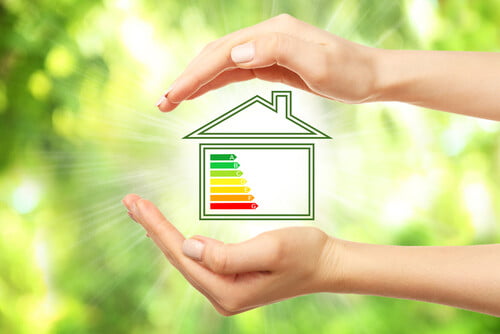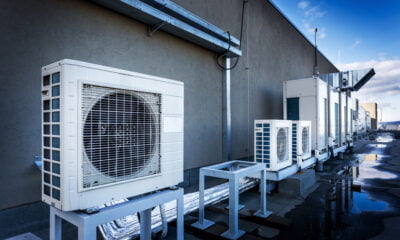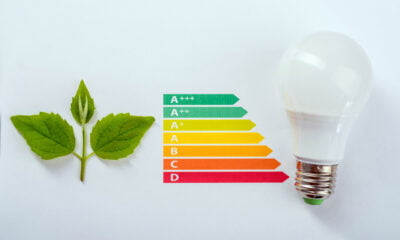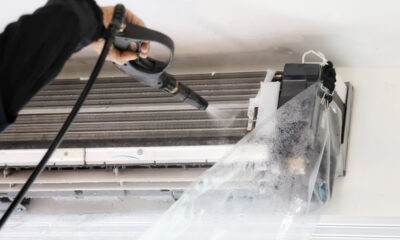Can we make residential energy more affordable? Absolutely. While not every factor that affects energy prices is under our control, there are lots of actions that energy customers, utilities, regulators and others can take to reduce the cost of energy. Two major opportunities for reducing energy costs are using new or improving technologies and using our energy more efficiently.
Improvements In Energy Technology
The energy industry is increasingly moving away from fossil fuels and toward renewable energy resources. Of course, natural gas and coal still play a significant role, but clean energy technologies are rapidly improving and proliferating. These emerging technologies have the potential to save customers substantial amounts of money.
As renewable energy technologies improve and become more common, the costs of energy from renewables is falling at a dizzying speed. In 2017, renewable energy was the cheapest source of new electricity production without subsidies. In some parts of the country, building new wind capacity was even cheaper than running existing coal plants. According to the International Renewable Energy Agency, the cost of renewable energy will continue to decrease. The cost of solar and wind electricity could fall by as much as 59 percent by 2025 with the right policies in place, IRENA said.
Renewable Energy For The Home
Installing renewable energy technology on a home can also reduce energy costs on the consumer level. The amount of energy that solar panels can save you depends on a number of factors depending on where you live. The average savings for a household in California over 20 years equals $29,424 while in New Jersey, they come out to $19,655.
Clean energy can also help you save money on your heating and cooling bills. Installing a geothermal system for your home, which uses the naturally consistent temperature in the ground to heat and cool your home, could save you 30 to 60 percent on home heating costs and 20 to 50 percent on cooling costs.
More Efficient Energy Consumption
One way to make energy more affordable is to use it more efficiently. Various practices and technologies can help you less energy and get more out of the energy you do use.
Energy-Efficient Appliances
Replacing kitchen appliances, water heaters, light bulbs and other household items with more efficient models can help you get more out of your energy. An energy-efficient light bulb, for example, uses 25 to 80 percent less energy than a traditional incandescent bulb. Want to know if a product is energy-efficient? Look for an ENERGY STAR certification.
Weatherization
You can also make your home as a whole more energy-efficient by employing certain weatherization techniques. Adding insulation and sealing gaps from which could leak can help you save on your heating and cooling bills. Conducting a home energy audit can help you determine where you’re losing energy.
Reduced Energy Use
Reducing your energy use can also reduce the amount you pay for energy. A programmable thermostat can help you do this by automatically reducing the temperature when you leave your home or go to sleep. It can then bring the temperature back up as you’re on your way home from work or just before you get up in the morning.
Energy Efficiency Initiatives
Today, utilities and government organizations offer a number of programs, such as tax credits and rebates, to help customers make their homes more energy efficient. Energy companies are also working on ways to increase the efficiency of their generation, transmission and distribution of electricity.
New technologies and energy efficiency are two areas that have significant potential for reducing energy costs. While there are other factors besides these two things that affect the price of energy, using improved technology and using energy more efficiently can help make energy more affordable both on the level of the individual consumer and the energy industry as a whole.


 Environment12 months ago
Environment12 months agoAre Polymer Banknotes: an Eco-Friendly Trend or a Groundswell?

 Features11 months ago
Features11 months agoEco-Friendly Cryptocurrencies: Sustainable Investment Choices

 Features12 months ago
Features12 months agoEco-Friendly Crypto Traders Must Find the Right Exchange

 Energy11 months ago
Energy11 months agoThe Growing Role of Solar Panels in Ireland’s Energy Future





























